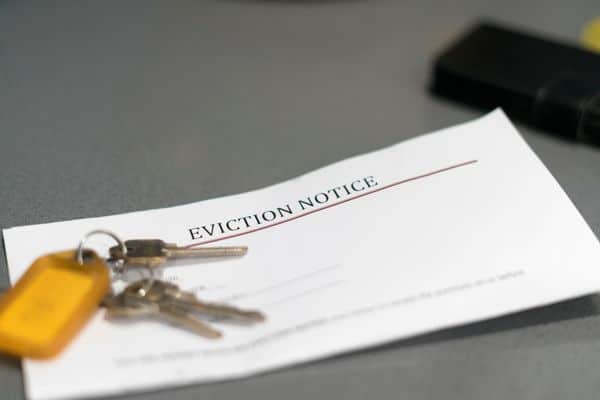In April, Governor DeSantis issued an eviction moratorium order in response to the economic repercussions of the COVID-19 outbreak. Since then, the order has been renewed multiple times. On July 29, 2020, the order which was set to expire August 1, was renewed until September 1, 2020. While housing advocates have applauded these reprieves, landlords are suffering from non-payment of rent. Now that Florida’s eviction moratorium has been extended again, what will that mean for landlords and tenants?
Florida’s Eviction Moratorium
Florida’s eviction moratorium is an executive order that prevents landlords and mortgage lenders from taking action against delinquent renters and borrowers until September 1, 2020. However, the order doesn’t excuse renters and homeowners from their obligations to pay rent or make mortgage payments.
There are Changes in the New Order
According to a recent report, the Governor’s extension also includes a change to the previous policy. Specifically, now the order says that all delinquent rent and mortgage payments are due when the tenant or borrower “is no longer adversely affected by the COVID-19 emergency.” The term “adversely affected by the COVID-19 emergency” is now defined as meaning “loss of employment, diminished wages or business income, or other monetary loss realized during the Florida State of Emergency” directly impacting the party’s ability to pay. The foreclosure moratorium is also now restricted to “single-family homes.” Before, in the original order, the moratorium was not limited to a particular type of property.
Eviction Could Lead to Increased Homelessness
In a recent article, the Orlando Sentinel reported that “[m]ore than a third of adults in Florida reported that they missed June’s rent or mortgage payment, or said they won’t be able to pay July’s, according to the U.S. Census Bureau Household Pulse Survey.” As each order nears its expiration date, Florida housing advocates have expressed concerns that without protection, thousands of lower-income and unemployed Floridians are at risk of becoming homeless. These groups also contend that putting people out of their homes and into communal shelters where they are more likely to contract and spread COVID-19 seems contrary to public health.
Landlords are Suffering from Non-Payment of Rent
Landlords offer equally compelling arguments that without timely and consistent rental payments, they are losing their livelihoods and critical business income. Further, some landlords complain that they had eviction actions pending before the pandemic that have been postponed despite the fact that they are not related to COVID-19. Others argue that their tenants are capable of paying but are taking advantage of the situation. Some landlords desperately need to sell properties they can no longer afford because of the lack of rental income but have been thwarted by the moratorium. Several landlords and their attorneys have already filed their eviction actions and are prepared to proceed with their cases as soon as the moratorium is lifted.
At Rabideau Klein, we have extensive experience handling real estate transactions in the Town of Palm Beach. David E. Klein, Esq. and Guy Rabideau, Esq. are Florida Bar Board-Certified Real Estate Attorneys with the experience you need to manage all legal aspects of your Palm Beach real estate property transaction. Contact Rabideau Klein today to discuss your real estate legal needs.

